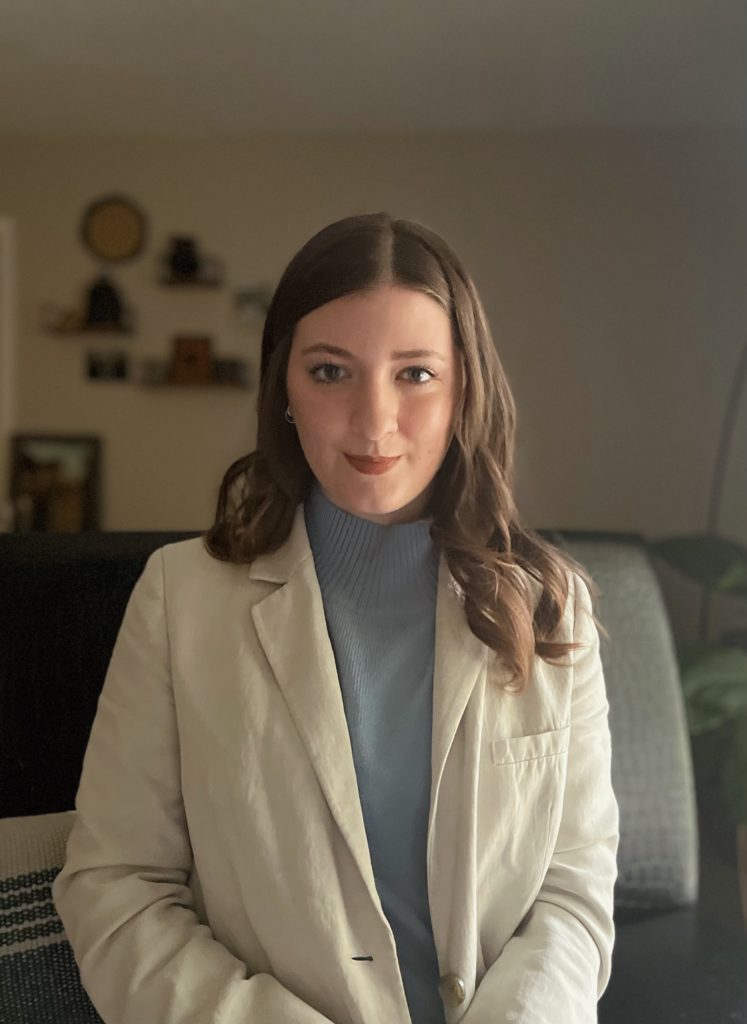This presentation highlights the evolution of a psychiatric emergency department music therapy program over the course of ten months. Due to the high acuity of the patients, music therapists were referred to provide immediate intervention to reduce anxiety and promote relaxation and emotional support for the patients. Two music therapists and a music therapy intern began implementing individual sessions twice daily. Three months into this pilot, a recreational therapist and a music therapist were hired to be in the ED a combined seven days a week. The program was staffed by clinicians from the established adjunctive therapy department with music, art, and recreational therapists from the inpatient behavioral health services at the facility.
Both the successes and challenges encountered while building this program will be shared during the presentation with the goal of learning about music therapy with highly acute psychiatric patients in an emergency environment. Challenges included patients being housed in hallway beds, harsh lights, proximity to the nurses’ station, constant noise, staff walking through the halls, and other factors contributing to a stressful and anxiety-laden experience for the patients. An additional challenge is the current staffing crisis shared by hospitals nationwide, creating an environment where personnel was not familiar and consistent to patients or therapists, creating a crucial, daily need for staff education on music therapy and referral criteria.
An example of a guided deep breathing and relaxation intervention will be shared, as well as how the effectiveness of a session is assessed by the music therapist upon implementation.
Learner Objectives
Learning Objective #1: Participants will identify 1-2 interventions for individual music therapy with adult acute psychiatric patients in an emergency department to reduce anxiety and promote relaxation. (CBMT Domain III. A. 5. t, dd, gg; II. D. 10.)
Learning Objective #2: Participants will identify 2-3 techniques for overcoming environmental challenges to create a therapeutic atmosphere. (CBMT Domain II. D. 4, 8; V. B. 4.)
Learning Objective #3: Define best practices and documentation of ongoing treatment opportunities and interventions, (CBMT Domain III. B. 1, 4, 5)
Presenter Biographies
Reagan E. Colavita, MT-BC, is a music therapist based in Nashville, TN at Tristar Centennial Parthenon Pavilion Hospital, where she treats behavioral health in the adult psychiatric emergency department. She completed her music therapy degree at the University of Louisville and her internship at Parthenon Pavilion’s inpatient behavioral health program in the spring of 2022.
Yvonne M. Glass, MM, MT-BC is the Internship Director at TriStar Centennial Parthenon Pavilion Hospital in Nashville, TN, where she treats behavioral health, Neuro, and Medical ICU patients. She has advanced training in Guided Imagery and Music, Neurologic Music Therapy, and NICU/Medical Music Therapy. She has served on the SER-AMTA Board of Directors, as a member of the Practice Analysis Committee for the CBMT, and as the Music Therapy Director for SAI Philanthropies, Inc. She has been a presenter for OCMT and WCMT as well as spoken across the U.S. She is currently completing her Masters in Clinical Counseling to expand her scope of practice, and is a proud parent whose daughter is studying music therapy at university.



